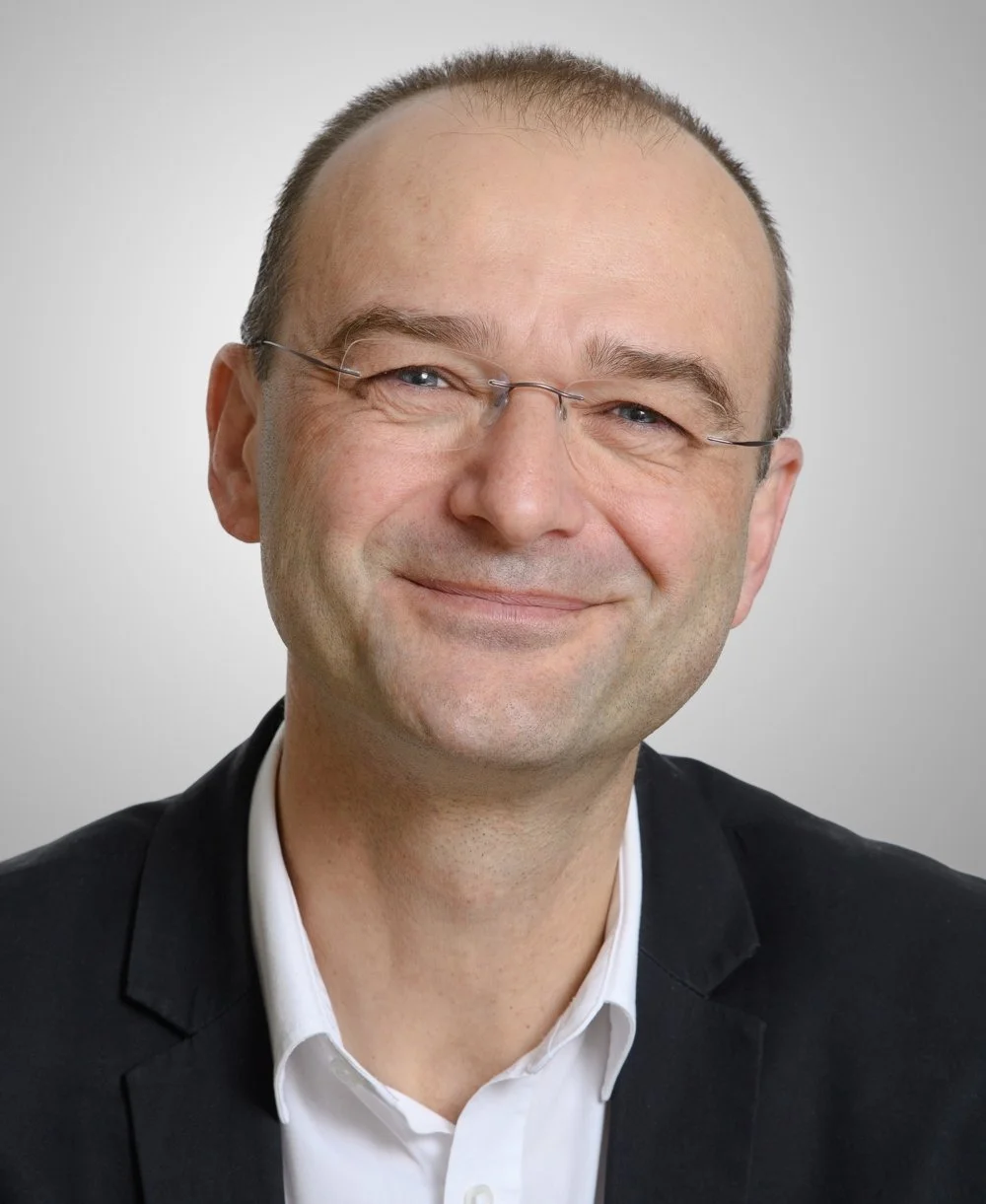Building a State of the Art Clinical Audiology Unit
Official CV
Prof. Dr. Tobias Moser is a neuroscientist and otologist at the Göttingen Campus in Germany. He heads the Institute for Auditory Neuroscience at the University Medical Center Göttingen and leads research groups at the German Primate Center and the Max-Planck Institute for Multidisciplinary Sciences in Göttingen. His main areas of research are synaptic coding and processing of auditory information as well as innovative approaches to the restoration of hearing in the deaf such as the optogenetic cochlear implant and gene replacement therapy.
UNOFFICIAL CV
I was born and grew up in former East Germany. Living there and struggling with the political system taught me to value democracy. For reasons I do not fully understand I was let to start medical training at University of Leipzig just before peaceful protests sparked there and elsewhere in East Germany.
Medical training and physiology, in particular, fascinated me and I checked out potential scientific projects. I tapped into very different rotations and was fortunate to meet Bernd Nilius, with whom I took my first steps in research then at Medical School of Erfurt. While the project did not turn all to productive, I learnt a lot and greatly appreciate his mentorship.
I then got the chance to do a project with Erwin Neher at the Max Planck Institute for biophysical Chemistry in Göttingen while completing my medical training. The exciting experience working in a thriving scientific environment fully convinced me in pursuing research as my main professional activity: I joined Erwin Neher as a postdoc. For my family this meant moving “West”, which was quite an experience. While most of the aspects were positive, there were some challenges too, e.g. given differences in child care and job market for my wife as a teacher.
When considering topics to work on I decided for synapses of sensory hair cells of the inner ear, for which synaptic physiology was not well characterized at this time. I was lucky to build a small team at the Max Planck Institute for biophysical Chemistry and also did a residency in Otolaryngology working at the University of Göttingen Medical Center. This meant splitting the day into clinical training, working in the lab and family & friends.
Both activities were going well and we could grow into the InnerEarLab of the Dept. of Otolaryngology at the University of Göttingen Medical Center, where my colleagues and I also got the chance to build a state of the art clinical audiology unit. This is where I obtained a professorship and my team further grew a thriving research program.
Options outside Göttingen came up but till now I decided to stay in this exciting and livable powerhouse of Neuroscience. Making use of the opportunities given to us, such as the founding of the Institute for Auditory Neuroscience and groups at the German Primate Center as well as at the Max Planck Institute for Multidisciplinary Sciences, I have served the Campus with building collaborative research projects and supporting careers of excellent young scientists.
With many ups and fewer downs, my life as a scientist, clinician-scientist and family person has been generous. It remains important for me to find a good split of time for things that are important to me. With growing responsibilities and getting older, I am investing more into balance between passion for work, family and hobbies such as sports and music. I am grateful to my family, my mentors Erwin Neher and Wolfgang Steiner for all the support and accommodating my passions.

